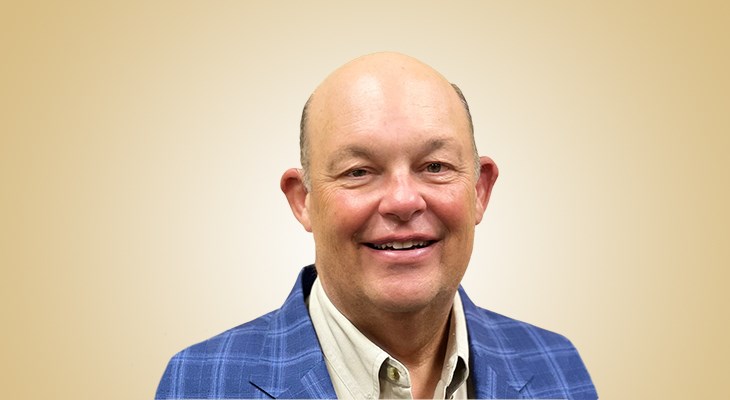The uncertainty of the current state of the economy has driven Marsh Electronics CEO Jim Banovich to invest into the company and start getting it in position for the next generation and the next phase of the business is going, rather than make acquisitions.
"We're going through a stage right now we're calling 'modernizing Marsh,'" Banovich says. "We're doing a lot of internal work and investing into the operations of the company."
Those investments include modernizing the company's warehousing capabilities and adding machinery. This is in part an effort to go deeper into their accounts.
"A distributor is a lot more than just putting parts on the shelf, picking, pulling them and then shipping them out," he says. "And our customers are looking for us to get more integrated into their processes and become more part of them, which is interesting because when you do that, you're adding value to your company. We're all about value proposition and enhancing our EBITA and enhancing the company."
By adding more capability — assembly work, and more integrated work with its customers — its adding value to them and to the suppliers that the company represents.
"But then more importantly, we're adding value to our company, which then helps us with all the other things that we need to do — drawing people and retaining people, etc.," Banovich says. "But we've also got a lot of investment into the quality end; customers are looking for us to do more work and provide more services in the quality area. So as a distributor, we're changing and we're evolving."
The company has continued to change since it was formed in 1935, and how it goes to market has changed, becoming more specialized and more of a solutions provider. And that started getting the company into some design-assist and project management with its customers.
"We have two projects, one that's in the process of just starting up now and will really ramp up into production in 2024," he says. "That's going to take our company up another magnitude of 20 to 30 percent in growth. And then we have a couple others that we figure should hit in 2024 as well. And we're looking at our company doubling in the next two and a half, three years, because we're getting more involved, deeper into our accounts, providing more of a solution consultant-type sell, and doing more services for them other than just providing parts."
Back in the early 90s, Banovich's father bought the company. And within three years the industry was going through consolidation. Marsh, a regional distributor, was also selling a number of semiconductor products, and they decided to start dwindling down who they were going to work with and deal with. When that started happening, there was concern that if the company started losing the semiconductor lines, it might lose the value it provided to some of its key customers.
"So, he had to really move with the company quick," Banovich says. "It was still at a premium. It was hot. And he was able to merge us with more of a domestic-size company. We filled a gap for them here in the Wisconsin and Midwest area. They were very similar in products that they offered. And the beautiful thing is they just left us alone; we did our own thing. A year and a half after that, they were bought by a $1 billion-size company."
Once the company went into their acquirer's system, Banovich says they were in trouble.
"Great company, great people, but how they went to market, how they sold to their customers was a totally different philosophy than us," he says.
He says Mash saw an opportunity that it could fill a gap, and become more of an $18 million to $20 million company. They put a business plan together and his father approached the parent company and was successful.
"Six months later, we were able to carve ourselves out," Banovich says. "And thank God we did because three months after that, that company was bought by the largest guy in our industry, and we would have been toast."




